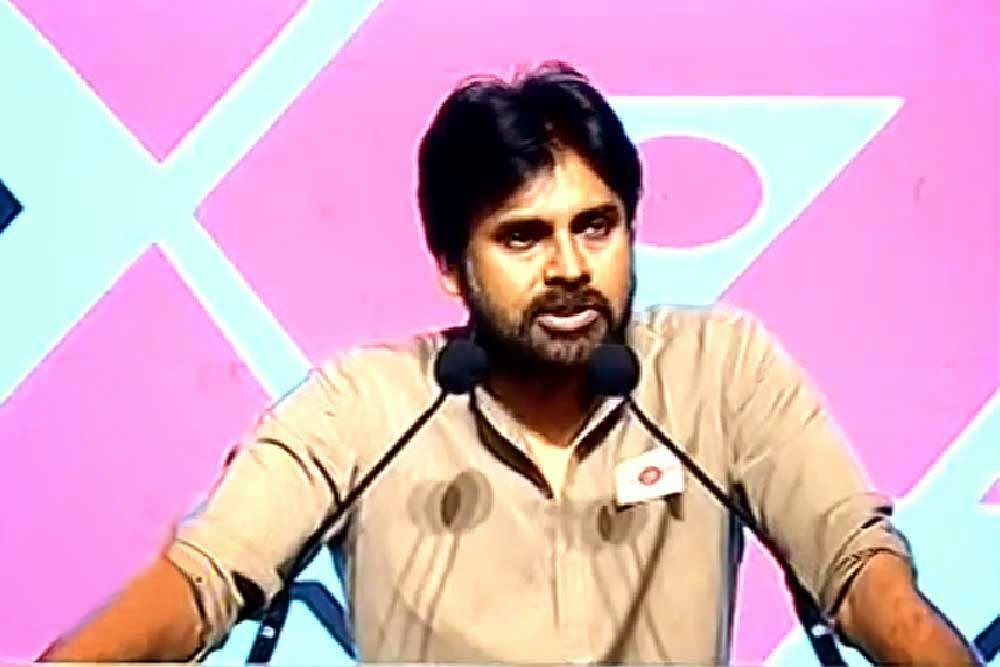Figures differ. Though most estimates say 1.4 million Indians—950,000
soldiers and 450,000 non-combatants— participated in the War, some
figures show that almost 1.7 million Indians, including 6,00,000
non-combatants signed up for war between 1914 and 1918, from a then
total population of 225 million. The soldiers were mostly from Punjab
(which would now include Haryana), Garhwal and Kumaon, though with the
setting up of a Bengali regiment there were recruits from eastern India
and elsewhere.
How many Indian soldiers were killed?
Officially, about 50,000 Indian soldiers died, while more than 65,000
were wounded and about 10,000 were reported missing in action.
How do we remember the Indian soldiers who fell in the War?
The India Gate in New Delhi is the most visible symbol of the War in
India. It was dedicated to Indian soldiers who fought in the First World
War for the British Empire. It commemorates the 70,000 Indian soldiers
who fell in defence of the Empire in the War and, subsequently, also
other soldiers who died in the Northwest Frontier and the Third Afghan
War and had no known grave. ‘The eternal flame’ was installed there in
1971 and has since become the site of the symbolic tomb of the ‘Unknown
Soldier.’
Where were Indian soldiers deployed?
They were deployed in the European theatre, Egypt, Palestine and Africa. They fought in many of the major battles of the War.
What impact did WW-I have on India’s freedom movement?
It had a major and fundamental impact on India’s freedom movement. It
began with Britain’s decision in 1917 that India will be granted
“responsible government” like other British “white dominions.” It
shifted the leadership in the Congress from the “moderates” to Gandhi’s
movement of “Swaraj in one year”. It also brought about a shift in
politics from the avowedly “secular” to more strident appeal for
religious allegiance.
The popular outrage movement against the “Rowlatt
Act”, seen as a tool to curb freedom of expression, led to the
Jallianwala Bagh massacre in Amritsar in April 1919 and devolution of
power to the provinces in India by Britain.
regards



